Resource Hub
Teaching
Curriculum Development
The Tree: An online interactive tool for reflexive education development
The Centre for Faculty Development (CFD) has transformed its Guide to Reflexive Education Development (commonly known as “The Tree”) into an interactive eLearning tool. This resource supports educators to develop reflexive questions to inform and guide their education development practice. The CFD continues to provide consultative support, and regularly updates the resource with responses to commonly asked questions.
| Source | Centre for Faculty Development |
The Divergence and Convergence of Critical Reflection and Critical Reflexivity
This article seeks to clarify the origins of each, identify the similarities and differences between them, and delineate the types of teaching and assessment methods that fit with critical reflection and/or critical reflexivity.
| Source | Stella L. Ng, PhD, Sarah R. Wright, PhD, and Ayelet Kuper, MD, DPhil |
Writing Goals and Learning Objectives
| Source | Continuing Professional Development, Faculty of Medicine, University of Toronto, 2020 |
Reflexive Questions for Educators & Facilitators
This guide provides educators and facilitators with reflexive questions to inform education development, teaching and facilitation.
| Source | CACHE |
UDL Guidelines for Instruction
These guidelines will help you reflect on ways in which you are or may want to apply the Universal Design for Learning guidelines to your course.
| Source | Centre for Teaching Support & Innovation |
Education Scholars Program
Builds capacity by enhancing competence in education leadership, scholarship, curriculum and teaching thus facilitating opportunities for advancement.
| Source | Centre for Faculty Development, Temerty Faculty of Medicine, University of Toronto at Unity Health Toronto |
A Guide to Developing Live Virtual Group Patient Education
Nine steps to creating a successful live virtual patient group.
| Source | Unity Health Toronto Virtual Education and Patient and Family Education; University Health Network Patient Education & Engagement Program |
10 Steps to Course Development
Create the most effective program for your target market.
| Source | Continuing Professional Development, Temerty Faculty of Medicine, University of Toronto |
Health Equity Framework and Inclusion Framework
The purpose of this framework is to promote an equitable and inclusive learning environment and to embed a health equity lens into the planning, development and delivery of education and training initiatives.
| Source | Agic, B., Fruitman, H., Maharaj, A. Harris, H., Gagnon, L., Taylor, J., Ashraf, A., Henderson, J., Ronda, N., McKenzie, K., Sockalingam, S. Centre for Addiction and Mental Health |
Developing Learning Outcomes
Good learning outcomes emphasize the application and integration of knowledge. Instead of focusing on coverage of material, learning outcomes articulate how students will be able to employ the material, both in the context of the class and more broadly.
| Source | Centre for Teaching Support and Innovation, University of Toronto (2014) |
Universal Design for Learning
Framework and resources to change the design of the learning environment rather than change the learner.
| Source | Centre for Teaching Support and Innovation, University of Toronto |
